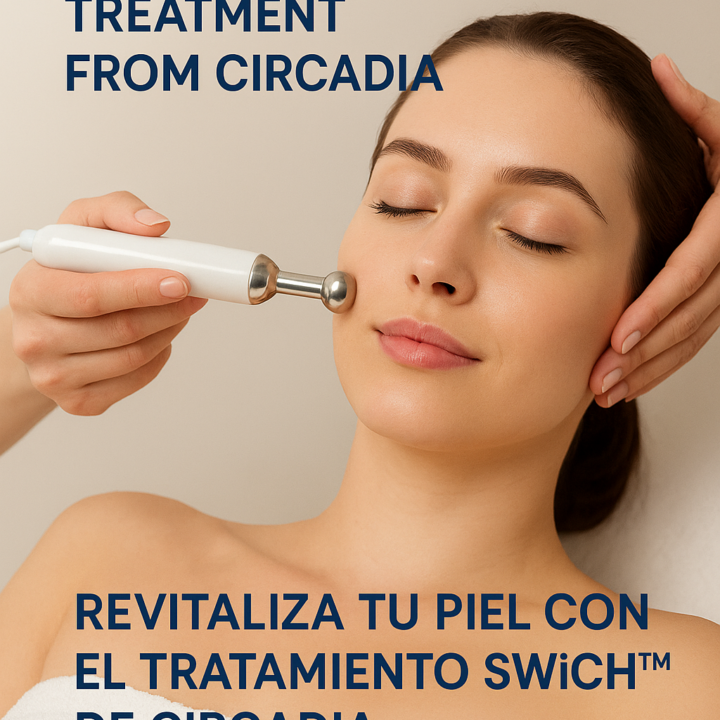Sun Tanning and Health, by Keyla Sanchez, BS, LE, LPCT
One of the first questions I ask my clients when they come to see me is if they wear sunscreen every day. I am located in the Midwest, therefore we have four seasons. In the Midwest, summers are brutal and some people wear sunscreen usually if they go out hiking or to the pool, most don’t however. On the winter most of the time they don’t even wear sunscreen at all. In fact, a lot of people, prefer to get tanned and get that golden color on their skin.
According to a study from the Journal of the European Academy of Dermatology and Venereology, about 61% of young adults tan because they think sun tanned skin looks more beautiful and healthier than pale skin. But, is this true?
A suntan or sunburn is a sign that skin has been damaged by UV rays. When exposed to UV rays, the body makes more melanin (the pigment that gives the skin its color) because it’s trying to protect itself from these damaging rays from further damage. Exposure to UV rays is the leading cause of skin cancer. Yes, does tanned skin sound healthy now?. Skin cancer can occur in any area of the body but most commonly on skin that has been damaged by years of sun exposure. Tanning beds produce a similar skin damage, increasing the risk of skin cancer, skin aging and even eye problems just like sunlight.
The Skin Cancer Foundation, shares some shocking statistics with us, “One person dies of melanoma every hour (every 54 minutes). An estimated 87,110 new cases of invasive melanoma will be diagnosed in the U.S. in 2017. An estimated 9,730 people will die of melanoma in 2017. Melanoma accounts for less than one percent of skin cancer cases, but the vast majority of skin cancer deaths.”
The exposure to UV rays also causes premature aging. I can say that probably 85% of my clientele wants to get rid of sun spots or open pores mostly caused by sun exposure. Many of my clients confess that when they were younger they used to sun tan or that they rarely wear sunscreen. When they were younger they were trying to look “more beautiful” by sunbathing, now they are spending a lot of money and time to recover that youthful-looking skin and with the fear of having increased their risk of getting skin cancer. Isn’t it ironic?
Now, I’m about to be honest here. I grew up in Venezuela, where the most beautiful beaches I have ever visited are. I went to the beach at least once a month and like many people, I loved being tanned. Yes, I said it. I feel relieve because the truth is out. Now my clients can give me that “nagging” look that I give them when they tell me they’re not wearing their spf moisturizer. I too have a few sun spots on my cheeks, which fortunately are not very noticeable due to the peels and other treatments I get done every two weeks. Do I ever leave my house without wearing spf? If I say NEVER! I’d be lying, and you all would know that I’d be lying. Sometimes during the winter months when the days are shorter and I’m inside all day, I may skip that’s step in my skincare routine and just comfortably wear my foundations with a 15spf (which is basically the same thing as wearing nothing). Please don’t be to harsh on me when you next see me!
Sunscreen is also known as sunblock and it is used topically. On their packaging, sunscreens have something called SPF, or Sun Protection Factor. SPF can range from 15 up to 100. They can be chemical or physical. Chemical SPFs absorb the UV rays into your skin and the dissolve them. While these SPFs are effective in protecting you against the sun damaging rays, they usually leave chemical residue in your skin. Physical protection is when the rays are rather reflected out. They will not penetrate your skin and this is why most estheticians and dermatologist will recommend this type of SPFs. The two compounds that will be physical protectors are: Zinc Oxide and Titanium Dioxide. Now you know what to look for in your sunscreen.
My point with this article is, guys sun damage is serious. Not only for aging skin and beauty but because it’s detrimental for your health. A maximum of 10 minutes a day your skin may be exposed to the sun without sunscreen (for those saying that we need Vitamin D) and my answer is that you can still produce your vitamin D while wearing sunscreen.
Drink water, wear sunscreen and laugh all day. Thanks for reading me!
References:
http://www.skincancer.org/skin-cancer-information/skin-cancer-facts
Thomas, C. L., & Peñas, P. F. (2017). Why do young adults tan?. Journal of the European Academy of Dermatology and Venereology, 31(5).













